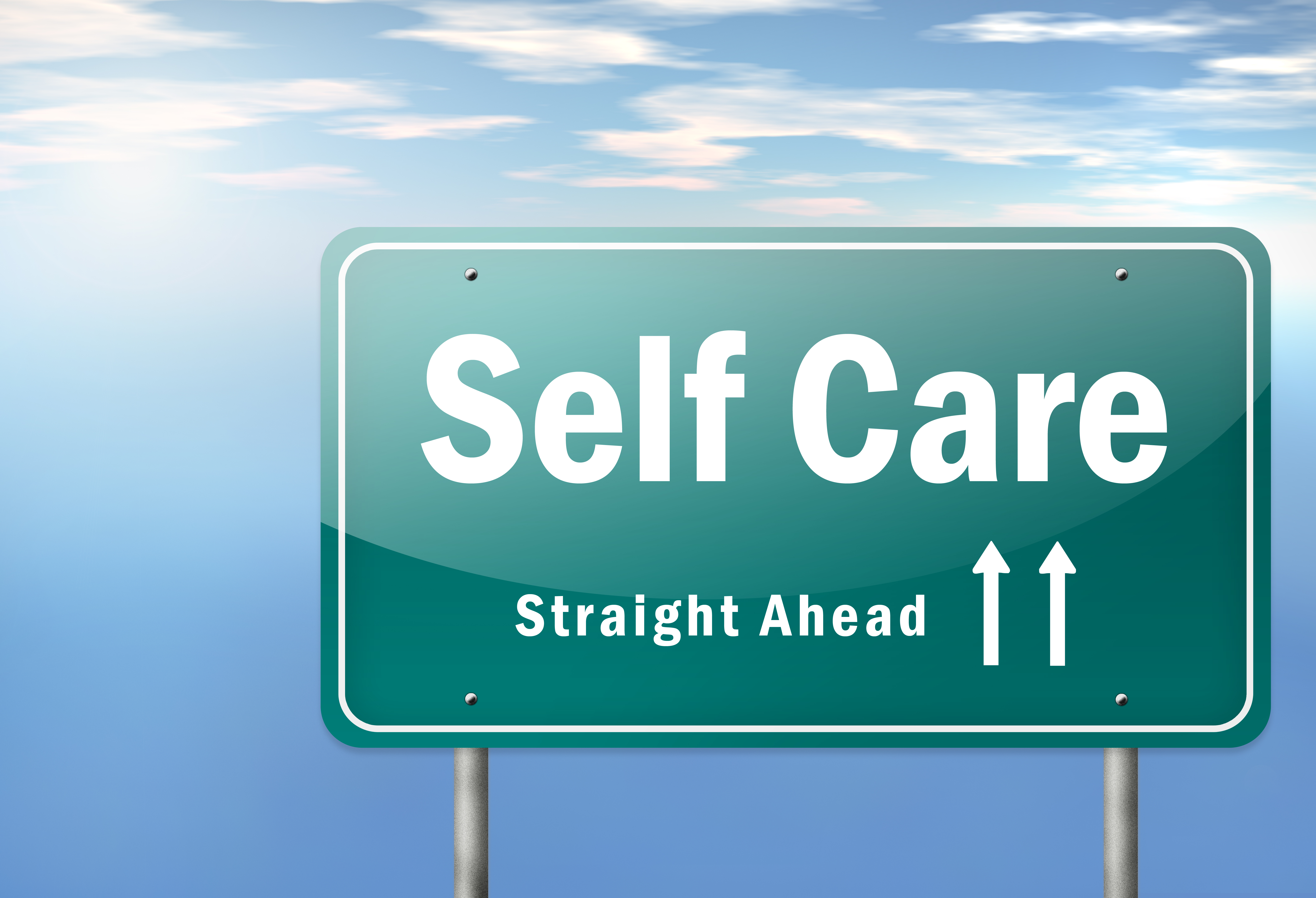Relationship Change Isn’t About Them
I know we’ve all been there: We’re in a fight with our spouse, a family member, or a friend. Something they’ve said or done has set us off, or maybe we’re frustrated by the choices they make in their lives. We need a relationship change, and it’s not coming.
“If Only” Defines the Relationship
Whatever the needed relationship change is, it’s impacting the relationship. “If only” becomes the defining phrase of the relationship.
- If only she would see that she’s selling herself short.
- If only he could see that he deserves someone better than her.
- If only she could understand me.
- If only he wouldn’t say those things to me.
What we forget in this thinking is that the other person has their own list of “if only” items for us.
- If only you would listen to me.
- If only you could see how happy I am.
- If only you could acknowledge you hurt me.
- If only you wouldn’t judge me on this thing that doesn’t impact you.
When talking with people who are dealing with one of these situations, the conversation usually centers on how we can make the other person see things our way or how we can get them to change. We see the other person as the key to the relationship change.
The challenge here is that we can’t “make” anyone do anything. The best we can hope to achieve is to influence their way of thinking or their approach.
That’s not the answer you’re looking for, I’m sure.
Yet, there is freedom and empowerment in recognizing that only we can cause a relationship change. While we can’t make anyone else change, they can’t force us to change, either.
It also frees us up from a sense of (misplaced) responsibility. I’m not responsible for fixing other people. I don’t have to spend my energy working to effect an unwelcome change.
That’s not to say that this isn’t incredibly frustrating, especially when we are on the receiving end of the judgment.
Ultimately, however, we can only change ourselves.
Relationship Change Means Honoring Our Needs
Changing ourselves means looking at these situations and relationships and making decisions that honor who we are and what we need. Once we make those decisions, we can decide how we want to bring about relationship change.
For example:
I spent several years working in retail clothing. My schedule was inconsistent, the pay was challenging, and it was pretty stressful to run a store.
My sisters, who love me dearly, would get on my case about working in retail. “You are worth so much more than that!” “You have so many great skills; you should work in HR or sales or somewhere you have a regular schedule and make decent money!”
Yup. Sure. More money would be nice. A consistent schedule would be great.
The problem was that to achieve those things meant taking a corporate job, working in a cubicle in an office. To me, that meant either working for a large company and getting stifled with little promotional opportunity, or working for a startup and getting laid off every time the economy hit a bump.
I’d had experience in both environments and was in no rush to go back to either. At least in retail, I got to work with a variety of people, there was some instant gratification, and my biggest risk was that they would close my store.
The store-closing risk was somewhat in my control: If I built a big enough customer base and properly trained my employees, I was insulated against a recession. The store might take a hit – along with the rest of the sector – but I could keep it profitable.
I saw the situation as having flexibility, control, and people are interesting. For me, those points compensated for all the negatives.
So, I wasn’t going to change, and they weren’t going to stop expressing their concerns. We were at a stalemate – right?
The DEAR MAN Skill Helps
I hit a breaking point and made a decision: It was time to put up a boundary. I didn’t know it at the time, but I used the DEAR MAN skill to help me have the conversation the next time the topic arose.
“I appreciate your concern, but it makes me uncomfortable when you keep bringing this up. I’m happy where I am, and I’m not interested in discussing this anymore.”
The first time we had this conversation, it was uncomfortable for me. My sister said, “I just care you about, and I’m sad to see you in this situation.” I responded, “I appreciate that, but I’m not interested in discussing this further.”
I had the same conversation with each of my sisters, so everyone got the same message that I wanted a relationship change. From there, I used the Broken Record technique whenever the boundary was tested: “I’ve said I’m not interested in discussing this anymore.”
I couldn’t stop them from bringing it up, but I could control my response. I decided what I was comfortable with, communicated it, and reinforced my decision every time the topic came up.
I have a woman, Sam, in one of my support groups who is going through something similar. She has struggled with a history of domestic violence and addiction. She’s sober now and living on her own with her kids.
As anyone who has worked the road to recovery knows, recovery is not a straight line. There are challenges and setbacks, just like with the mental health journey.
She has a friend, also a recovering addict, who is excited to see her growth and wants to help her. The “help” offered by this friend is not helpful for her; she felt like he was trying to fix her and solve her problems for her.
For someone with independence challenges, this presents a significant problem. Sam accepted the help the first few times out of a sense of obligation. After all, he was kind, and she was looking for healthy and mutually beneficial friendships.
Finally, she realized that she resented his help because it stifled her growth. Also, she learned to enough to recognize his behavior as enablement, which meant that it wasn’t healthy for him, either.
She wanted a relationship change, so she had to change her response. She made a few decisions on how to respond in the future: She would refuse his offers of help and put distance in the friendship by not answering all his texts or calls.
The next time he offered her help, she kindly refused it. “That’s so thoughtful of you, but I’ve got this covered.” “I appreciate your offer. I have some other options I want to try first. If those don’t work, I’ll let you know.”
Being slower to respond to his calls and messages also gave her room to breathe and put her energy where she preferred.
Her non-confrontational approach to setting boundaries allowed her to keep the friendship while bringing about a relationship change.
She didn’t change him. She influenced him by deciding how she wanted to move forward.
Ultimatums Are Stronger Boundaries, Not Forced Action
“But Teresa, what about ultimatums? Isn’t that forcing us to make a choice? Isn’t that controlling us?”
Ultimatums are the most extreme option we have to influence the relationship change and ideally come after making other attempts to set boundaries. However, when the other person refuses to accept our boundaries or is unwilling to negotiate a mutually-acceptable compromise, an ultimatum may be our only resort.
What we are doing in using an ultimatum is stating the two options that work for us: Either you do this, or you do that. While we are forcing the other person to make a choice, we are not forcing them to change who they are or to take a particular path.
We are stating the options. We are not insisting they change. We are laying out our boundaries and allowing them to decide how the relationship changes. They may not like the options, and that’s all right.
Relationship Change Is Often Stressful
The process of causing a relationship change can be emotional and stressful. It helps when we remember that we can only change ourselves and our responses. It empowers us to make the best decisions to care for ourselves and grants dignity to the other person to choose their response.
Deciding upon a relationship change is appropriate, a sign of self-care, and healthy. We end up with healthier relationships, which ultimately helps us on our road to recovery.
What’s one time you worked on a relationship change? What were your options? What did you do? What was the outcome? I’d love to hear your story in the Comments section.
Looking for daily inspiration and community? Join our warm and supportive Facebook group!









